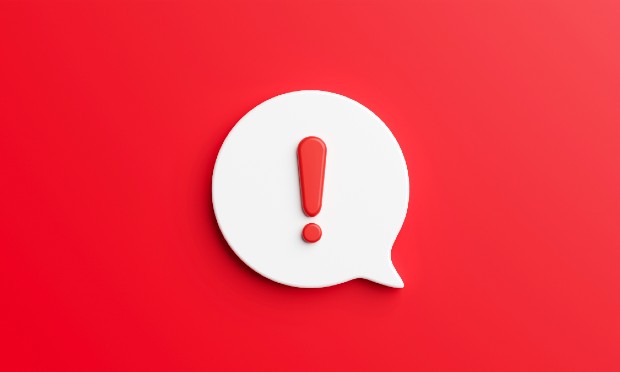When they first entered the workforce, millennials threw employers for a loop. Their priorities for a job and what they wanted from an employer were different than previous generations. So employers started to get creative and offer new employee benefits aimed at millennials. It wasn't long before perks like free snacks and kegs in the breakroom became more popular.
But now, millennials are getting older and settling down. Logically, that also means the benefits they want from a job will begin to change. If you want to continue to attract and, more importantly, retain the millennial generation, it's time to start rethinking your benefits package.
Here are four new employee benefits to consider in order to please aging millennials.
Continue Reading for Free
Register and gain access to:
- Breaking benefits news and analysis, on-site and via our newsletters and custom alerts
- Educational webcasts, white papers, and ebooks from industry thought leaders
- Critical converage of the property casualty insurance and financial advisory markets on our other ALM sites, PropertyCasualty360 and ThinkAdvisor
Already have an account? Sign In Now
© 2024 ALM Global, LLC, All Rights Reserved. Request academic re-use from www.copyright.com. All other uses, submit a request to [email protected]. For more information visit Asset & Logo Licensing.








